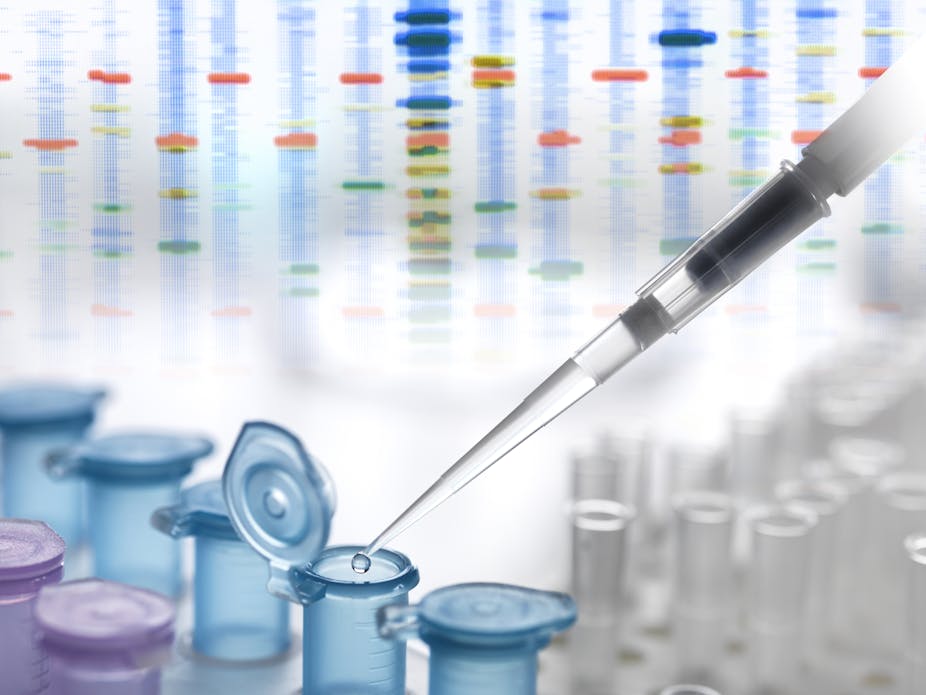Africans make up a tiny portion of genomics data: why there’s an urgent need for change
Published: July 6, 2022 3.35pm SAST


Published: July 6, 2022 3.35pm SAST

Nigeria provides an excellent lens to look at the genetic diversity of African people. Getty Images
Until recently, only about 3% of genomic data being used for genome-wide association studies came from people of African descent. Unfortunately, this proportion has fallen even further, to 1.1% in 2021. This means people of African descent may miss out on the potential benefits of genomic research, including early detection of disease and rational drug design.
The current lack of genomic diversity has led to major scientific opportunities being missed. One study which included people of African descent discovered a gene called PCSK9 which helps in lowering bad cholesterol. This study led to new drugs that help prevent heart disease. This benefits everyone irrespective of their ancestry populations. It wouldn’t have been possible without including people of African descent.
Africans have the most diverse genomes of all the human populations because modern humans originated in Africa and then spread across the globe over the past 80,000 years. Therefore, studying the genome of Africans could uncover genetic variants not found in other populations. Such genes could yield new ways to diagnose, prevent and treat diseases for everyone.
We teamed up with 54gene, a health technology platform company that’s building diverse datasets to unlock scientific discoveries. Together we established the NonCommunicable Diseases Genetic Heritage Study consortium. One aim is to develop a catalogue of human genetic variation in 100,000 adults in Nigeria. This will be the largest genomic data resource ever to come from continental Africa. It will be of great value to genomics researchers globally and may help in the prevention and control of noncommunicable diseases in sub-Saharan Africa.
The other aim is to assess Nigeria’s burden of disease. We’re looking at things like haematological cancers and cardiovascular, neurodegenerative, metabolic, kidney function and sickle cell disorders.
Our consortium could serve as a template for large-scale genomics across the continent. We hope it will advance precision medicine and offer insights that will improve the health and well-being of African and global populations.
The consortium has five points on its agenda:
The first step is to collect samples. A minimum of 100,000 research participants have been recruited and samples of biological material like blood and urine have been stored for further genomic studies.
Next is to design a small chip that is able to capture a picture of somebody’s DNA sequence. There are three billion base pairs in any human genome. The chip will capture at least one million genetic variants that are important for different diseases. We are also developing other studies using the whole-genome DNA sequence of all three billion base pairs.
We will also be fostering a scientific community that will empower African genomics scientists to be leaders in the genomic world. We want more people in Africa to be in a position to write the continent’s own genomics agenda.
